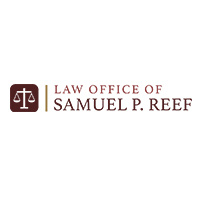Boston Bankruptcy & Debt Lawyer, Massachusetts
Samuel P. Reef
✓ VERIFIEDCar Accident, Bankruptcy, Divorce, DUI-DWI
Samuel Reef is a practicing lawyer in the state of Massachusetts. He received his J.D. from Suffolk University Law School in 1994. He currently works ... (more)
Barry Levine
✓ VERIFIEDBankruptcy & Debt, Credit & Debt, Collection
Apart from offering a wide range of services for businesses and individuals, The Law Office of Barry R. Levine has created a niche for itself in provi... (more)
Matthew E. Scafidi
Corporate, Business Organization, Collection, Commercial Leasing
Status: In Good Standing
FREE CONSULTATION
CONTACTJames H. Krumsiek
Banking & Finance, Bankruptcy, Commercial Real Estate, Foreclosure
Status: In Good Standing
FREE CONSULTATION
CONTACTBruce D. Levin
Complex Litigation, Litigation, Business Organization, Bankruptcy
Status: In Good Standing
FREE CONSULTATION
CONTACTNeil D. Warrenbrand
Bankruptcy, Corporate, Collection, Commercial Bankruptcy
Status: In Good Standing
FREE CONSULTATION
CONTACTKerry L. Moore
Antitrust, Banking & Finance, Bankruptcy, Business Organization
Status: In Good Standing



